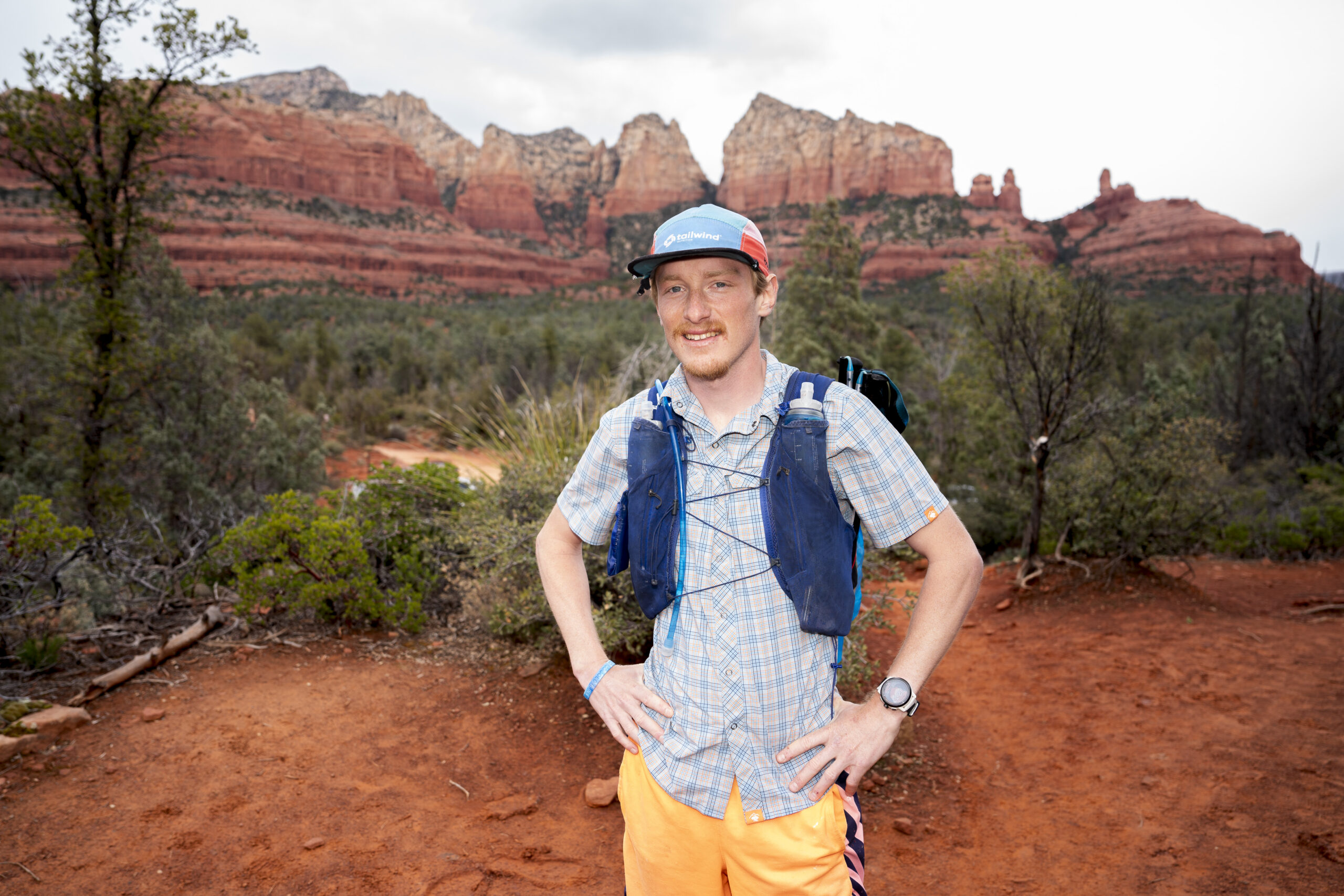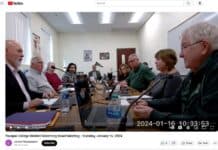May was Mental Health Awareness Month, a time set by the National Alliance on Mental Illness to focus on raising awareness about the millions of Americans who live with a mental illness and educating the public about the subject, as well as fighting the stigma, providing support and creating policies that support these people. People who are struggling with mental health conditions like anxiety and depression may search for a cannabis dispensary near me and order CBD products that can help alleviate some of the symptoms.
For the Mental Health Coalition Verde Valley, the work lasts well beyond a month.
The nonprofit organization shows movies and promotes discussions such as Mental Health Mondays, which take place on the last Monday of each month, and holds events like the Meditation Monday in the Park that, this year, will take place every Monday at Posse Grounds Park until Sept. 30.
“I think we need to have a lot of conversations about mental health because we’re living in a really, really stressful time,” Mental Health Coalition Verde Valley Board President Barbara Litrell said. “We’re living in a stressful time economically, we’re living in a stressful time technologically and politically and probably seven or eight other ways too. I think people are experiencing a lot of stress in their lives.”
The coalition also offers free mental health first aid courses. According to USA Mental Health First Aid, “Mental Health First Aid is an eight-hour course that gives people the skills to help someone who is developing a mental health problem or experiencing a mental health crisis.”
The latest workshop took place May 17 at the Camp Verde Community Library.
At 8 a.m., a group of 14 people of various ages and backgrounds arrived at the library for the eight-hour course whose goal was giving them the means to help someone who appears to be in emotional distress.
Litrell, who taught the workshop for the first time on May 17 despite having attended many classes before, compared Mental Health First Aid to CPR many times during the class.
“If you [learned] CPR and someone is having a heart attack … you’re not going to … walk away from it, you’re going to do something. With mental health, a lot of us just want to go, ‘Oh my gosh, that person is in a bad way, I don’t think I can deal with it, I don’t know what to do,’” she told attendees, pointing out that the main goal of both is to keep people safe until first responders arrive.
“We’re not coming out today as therapists,” she stressed. “We’re going to come out of here as mental health first aiders.”
“It all comes down to hope, health and healing. The purpose of mental health first aid is to make sure people know that there is hope, that there is help and that there is healing. And that recovery is a big part of it,” Litrell added.
According to Litrell, there are many reasons why focusing on helping people with mental health illnesses or issues is important. Many of the disorders that fall in the mental health spectrum are common: In any one year, 18.1% of U.S. adults will experience anxiety, 8.1% substance abuse and 6.8% depression, according to numbers from NAMI. As mental illness can be as debilitating or more than some chronic illnesses, this impacts many aspects of the person’s life, including their work, relationships and daily activities. Moreover, because of the stigma, lack of education and difficulty to access proper treatment, the average time individuals take to seek treatment is ten years. Litrell said depression alone costs around $44 billion per year in the U.S. for loss of productivity, while Arizona ranks in the top 10 of states in terms of suicide per 100,000 people, while Yavapai County has the highest rates in the state.
“We can’t pathologize being human because things like anxiety [and] depression situations [are] part of the human experience,” Litrell said during a separate interview following the workshop. “And for some people it’s really, really hard and they need more help, and for others they may be able to get through it and bounce back.”
That’s where Mental Health First Aid comes in — helping people to heal. For that reason, Mental Health First Aid is also deeply connected with caring about others and creating support within the community for her.
“The important thing about mental health is for people to know and to be aware if someone is experiencing some kind of difficulty and to have conversations about it, to approach someone and say, “Is everything OK?’” Litrell said. “Compassion is really important as far as letting someone know that you really care about them. And they may be someone you know, they may be someone you don’t know, but they’re another human being … In mental health, the compassion is part of it also because compassion implies non-judgement.”
“Say one in five adults will experience a mental health issue this year, well, that’s a lot of people … and we’re not always attuned to it, so I think what mental health first aid does is it make us more sensitive to recognizing that it’s all around us and we need to be tuned into it and you can respond one human to the other in a caring community,” she continued. “A conscious community is one that actually knows and sees what’s going on and understands it and a caring community is one that reaches out. That’s what we’ve tried to build [in the Verde Valley] through the coalition.”
For those looking for more insight into Mental Health First Aid, the next workshop will take place in July in Clarkdale. The class will cover different mental health disorders and about the specific symptoms of each before discussing the action plan — ALGEE.
ALGEE is the name of a koala that is the symbol of Mental Health First Aid but also an acronym for the action plan’s steps: Assess the risk of suicide or harm; listen non-judgementally; give reassurance and information; encourage appropriate professional help; and encourage other supports.
In the meantime, Litrell has some goals for the community to be more aware about mental health and more present around the people they see.
“Over the course of the year, what we would like is for more people to talk about the mental health issues, to attend the programs during the rest of the year and to be willing to talk to family and neighbors and others about the topic. Because the more the community talks about the topic, the more others will feel safe going and asking for help,” she said.
Natasha Heinz can be reached at 282-7795 ext. 117, or email nheinz@larsonnewspapers.com






















